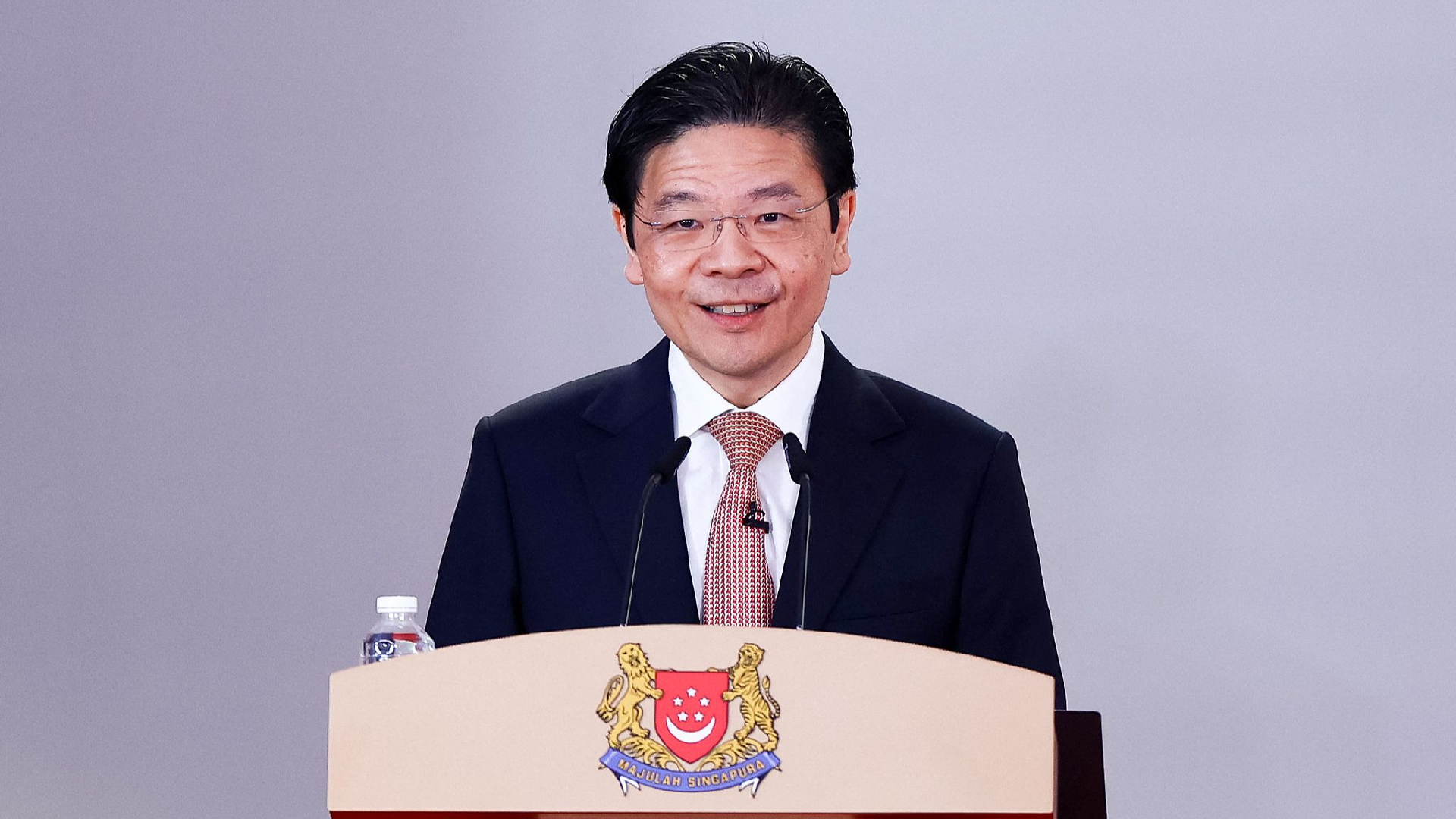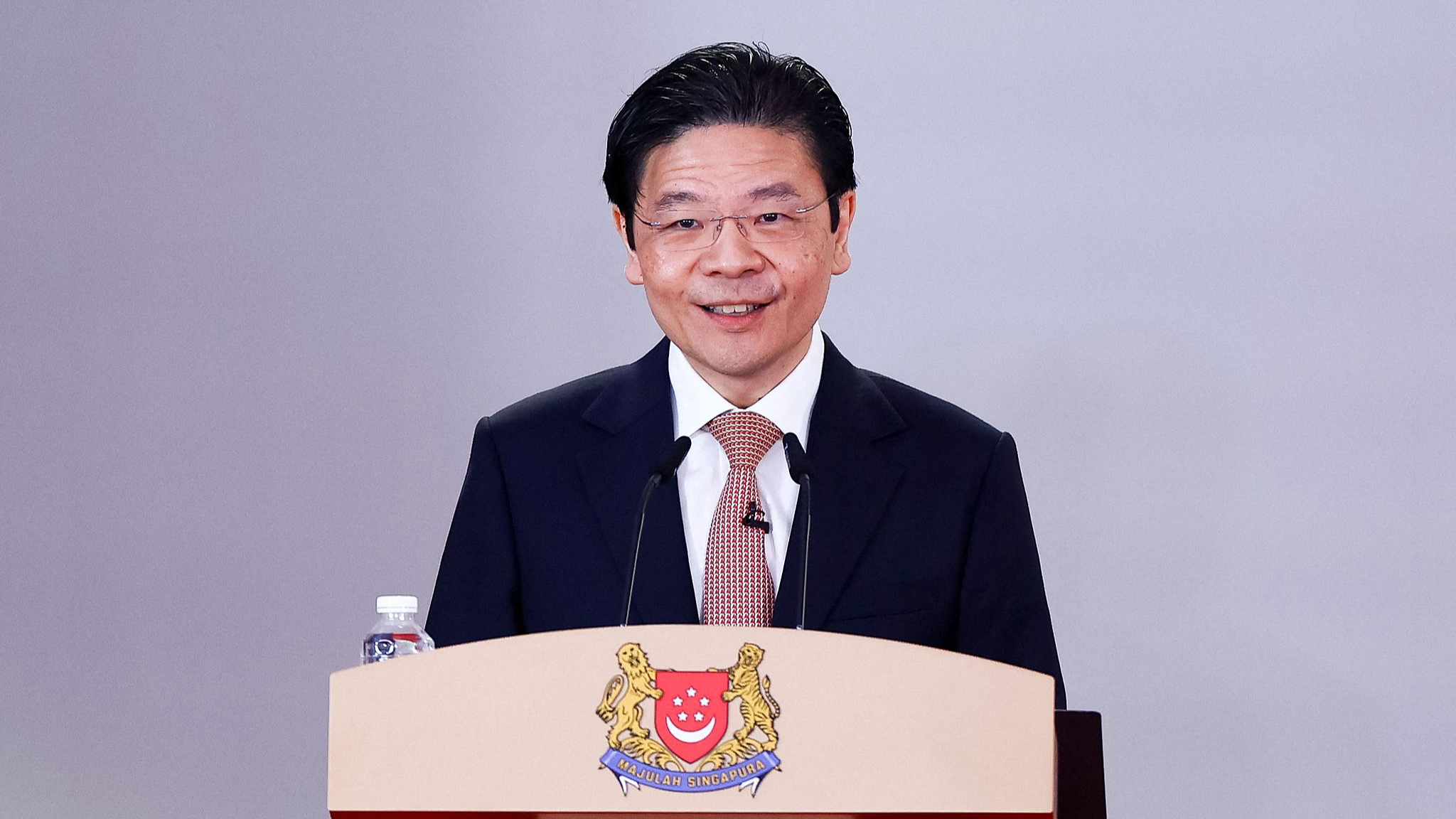Singapore PM Highlights RCEP-GCC Cooperation as a Boost to Global Trade System
Singapore’s Prime Minister hails RCEP-GCC partnership as a boost to global trade stability


Singaporean Prime Minister Lawrence Wong has emphasized the importance of forging formal cooperation between the Gulf Cooperation Council (GCC) and members of the Regional Comprehensive Economic Partnership (RCEP), highlighting that such an alliance could significantly enhance economic and trade exchanges. Speaking on Tuesday at the 2025 ASEAN-China-GCC Economic Forum, Wong argued that these closer ties would help uphold and reinforce a rules-based international trading system, offering greater stability and predictability for businesses and governments alike.
The RCEP currently includes 15 countries: the 10 member states of the Association of Southeast Asian Nations (ASEAN), together with China, Japan, South Korea, Australia, and New Zealand. The GCC, meanwhile, is composed of Saudi Arabia, the United Arab Emirates, Kuwait, Qatar, Oman, and Bahrain. Combined, these two major economic blocs account for an estimated 35 percent of global GDP, underscoring the considerable influence they wield over global markets and supply chains.
Wong noted, "This accounts for a significant portion of the global economy," and stressed that by promoting deeper trade and investment links between RCEP and the GCC, all participants stand to gain substantial benefits. Such integration, he suggested, could pave the way for new business opportunities, create jobs, and foster innovation across both regions.
Addressing the current global climate, the prime minister warned that the world economy faces growing uncertainties and fragmentation. Against this backdrop, he said there was an urgent need for ASEAN and the GCC to strengthen their linkages and work more closely together. Enhanced economic cooperation, Wong asserted, could provide much-needed resilience and adaptability, allowing both regions to better navigate the challenges of a rapidly changing world.
As momentum builds for broader collaboration, experts believe that formalizing ties between the RCEP and GCC could set a positive example for other regional groupings, helping to promote open, inclusive, and fair economic practices amid rising global tensions.




